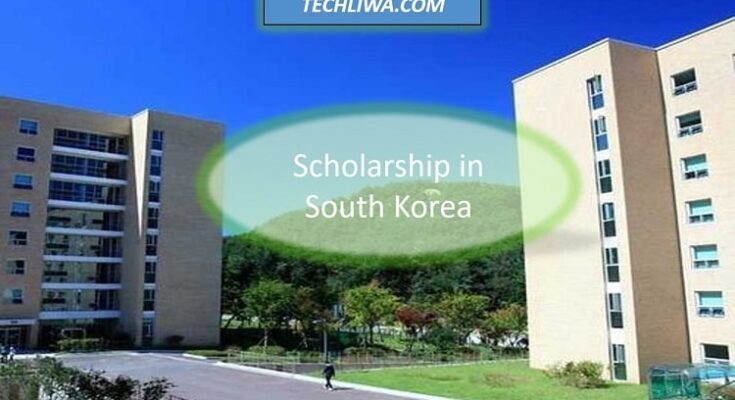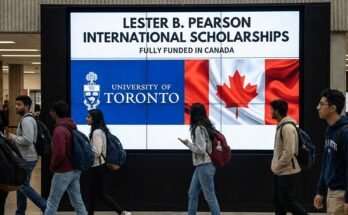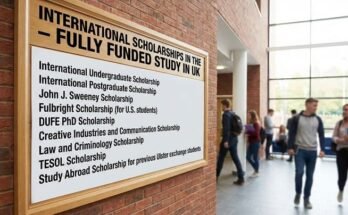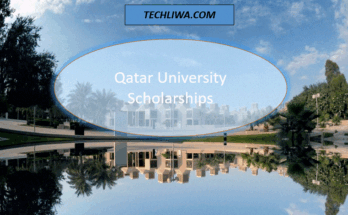Opportunity is the Graduate Scholarship for Excellent Foreign Students (GSFS) provided by Seoul National University (SNU) Scholarship in South Korea), which is regarded as South Korea’s top university.
This blog offers a detailed guide for international students applying for the GSFS, covering eligibility requirements, advantages, the application process, important dates, and expert advice to enhance your selection chances.
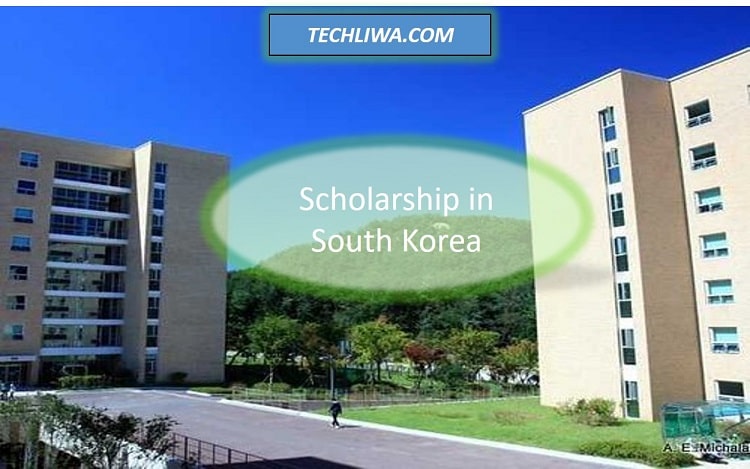
Scholarship in South Korea Detail
| Host Country | South Korea |
| Host Institute | Seoul National University |
| Level | Graduate |
| Eligible Nationality | International |
| Fellowship Type | Fully Funded |
| Closing Date | Fall Intake: Feb, March Spring Intake: July, Aug |
Seoul National University (SNU)
Many people consider Seoul National University, which was established in 1946, to be the top university in South Korea. As one of the best institutions in Asia and the globe, SNU is dedicated to producing world-class research, academic excellence, and global citizens. It has ten professional schools, sixteen colleges, and more than 300 graduate programs.
SNU actively seeks out brilliant students from all over the world through programs like the GSFS because it recognizes the importance of having a diverse student body.
What is the GSFS?
Outstanding international students who want to pursue graduate studies at SNU are eligible to apply for the Graduate Scholarship for Excellent Foreign Students (GSFS), a completely supported Scholarship in South Korea.
Students from certain East, Southeast, and Central Asian nations are the goal of the scholarship, which aims to foster internationalization and assist the growth of global talent in a range of academic fields.
Objectives of the GSFS
- Promote international academic exchange by providing support for gifted students from developing countries.
Enhance SNU’s international reputation by drawing in researchers and scholars with great promise. - Ensure that students with exceptional academic performance have financial stability, allowing them to concentrate on their studies and research.
GSFS Eligibility Criteria
You need to fulfill all of the following requirements to be eligible for the Scholarship in South Korea:
- Citizenship Es muss sich um eine Person handeln, die nicht koreanischer Staatsbürger ist.
- Applicants must have finished (or be anticipated to finish) their undergraduate (for Master’s) or Master’s (for Ph.D.) degree outside of Korea.
- Academic Background Must possess a degree from a university in East, Southeast, or Central Asia.
- Possess a solid academic track record from an accredited institution.
- Admissions Requirement It is necessary to apply for and gain acceptance into a graduate degree program (Master’s, Doctoral, or Integrated) at SNU.
- Submit your application to a department that is part of the GSFS program (not every department is).
- Language Proficiency The majority of departments necessitate evidence of proficiency in English (TOEFL, IELTS) or Korean (TOPIK).
- It is possible for each department to have distinct requirements; consult the pages of each individual department.
GSFS Scholarship Benefits
The GSFS provides a comprehensive financial support package, including:
Benefit Details
- 🧾Tuition Fee Waiver 100% coverage for up to 4 semesters
- 💰 Monthly Living Stipend Amount varies by department (approx. KRW 500,000 – 900,000)
- 🏥 Health Insurance Coverage under Korea’s National Health Insurance
- ✈️ Airfare Support Provided by some departments (not guaranteed university-wide)
- 🏠 Housing Assistance On-campus dormitory accommodation may be available
Application Process for GSFS
Select Your Program and Department
Examine the list of departments involved in GSFS.
Each department has its own designated research areas, application materials, and eligibility detail
Submit your application for graduate admission at SNU
Finalize your online application via the SNU in Scholarship in South Korea Admissions Portal.
Upload necessary documents: Academic records and certificates Statement of Purpose (SOP)
Study plan and research proposal Letters of recommendation (usually two)
Evidence of language proficiency (in English or Korean)
Copy of passport Additional documents specific to the department
Show Interest in GSFS While applying
specify that your application is for GSFS in Scholarship in South Korea.
There is no need for an additional fee or a separate form.
Departmental Screening and Interview
Applicants who are shortlisted might be contacted for interviews or further evaluations.
Final Selection
- Top candidates are nominated by departments.
- The final decision is made and award notifications are sent by SNU’s Office of International Affairs (OIA).
Fields of Study That Qualify
Depending on departmental participation, the GSFS Scholarship in South Korea fellowship is accessible in the majority of academic subjects. Typical fields consist of:
- Mechanical, electrical, civil, and chemical engineering
- Natural sciences, including biology, chemistry, and physics
- Social sciences, including economics, political science, and sociology
- Humanities (literature, philosophy, and history)
- Agriculture and Life Sciences Education Business Administration
- Studies of the Environment
- AI and computer science
Resources and Useful Links
In conclusion
More than just financial aid, the Graduate Scholarship for Excellent Foreign Students (GSFS) offers the chance to attend one of Asia’s best universities, connect with a large research network, and experience South Korea’s innovative and dynamic culture.
Don’t pass up the opportunity to apply for the GSFS Scholarship in South Korea if you’re an Asian student who excels academically and wants to pursue graduate school overseas. Give your application your best effort, emphasize your strengths, and start your exceptional academic experience at Seoul National University.
Scholarship in South Korea Official Website
More Scholarships?
University of Twente Scholarships in the Netherlands
Schwarzman Scholars Program in China Without IELTS
Macquarie University Scholarships in Australia
Rhodes Scholarship at Oxford University England Fully Funded
